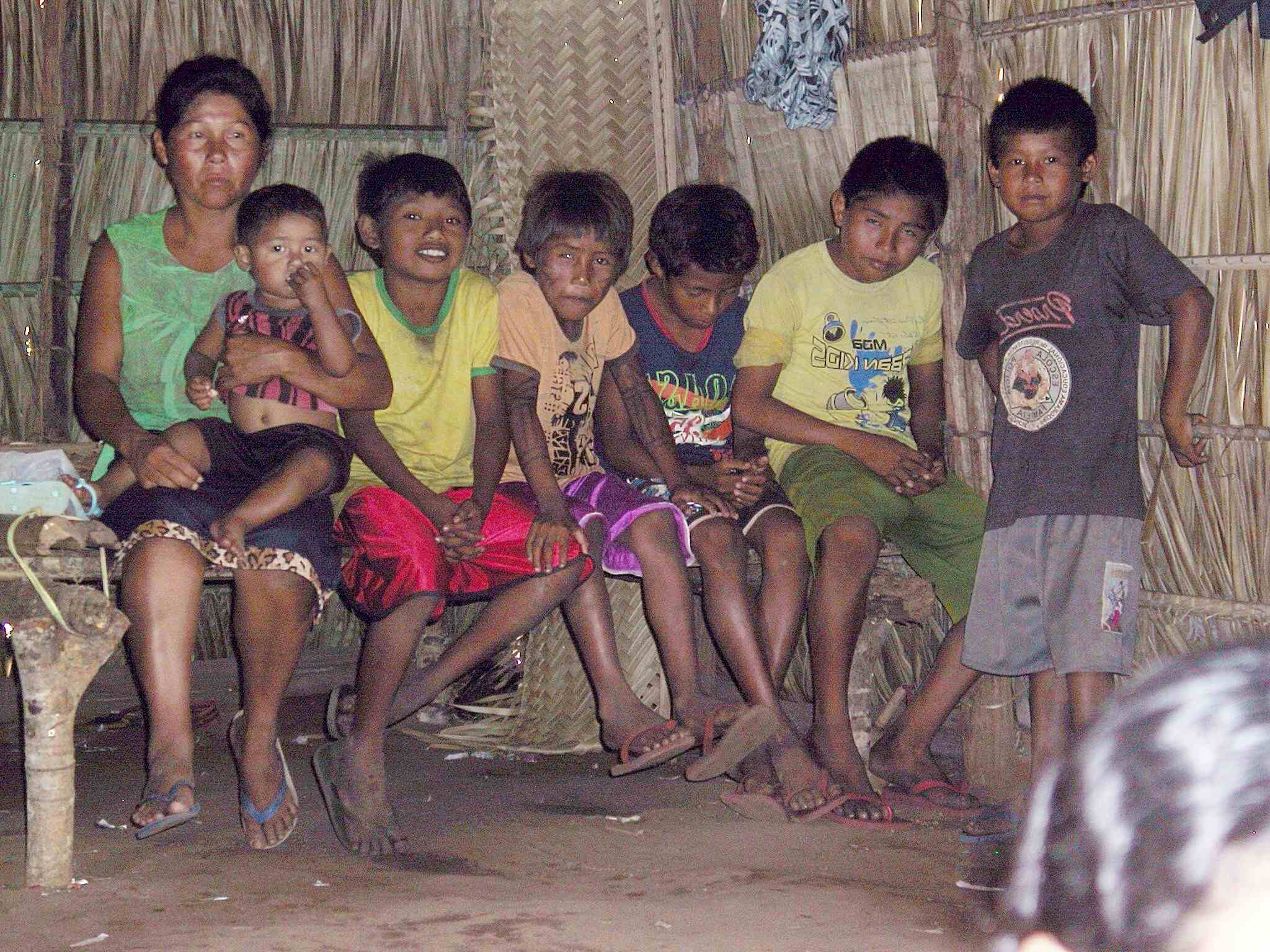
Who are the Apinajé people? The Apinajé are an indigenous group from Brazil, known for their rich culture and deep connection to the land. Living primarily in the state of Tocantins, they belong to the larger Timbira group within the Jê linguistic family. Their traditional lifestyle includes farming, hunting, and fishing, which they have practiced for generations. The Apinajé have a unique social structure, vibrant rituals, and a strong sense of community. Despite facing challenges from modern development and deforestation, they continue to preserve their heritage and fight for their rights. Understanding the Apinajé offers a glimpse into the resilience and diversity of indigenous cultures in Brazil.
Who are the Apinajé?
The Apinajé are an indigenous group from Brazil. They have a rich culture and history that dates back centuries. Here are some fascinating facts about them.
- The Apinajé people belong to the Timbira subgroup of the Jê linguistic family.
- They primarily reside in the state of Tocantins in Brazil.
- Their population is estimated to be around 2,000 individuals.
- The Apinajé speak their native language, also called Apinajé, which is part of the Jê language family.
- They have a strong oral tradition, passing down stories and knowledge through generations.
Apinajé Culture and Traditions
The Apinajé culture is vibrant and deeply rooted in their traditions. They have unique customs that set them apart from other indigenous groups.
- Traditional Apinajé houses are made from natural materials like wood, palm leaves, and bamboo.
- They practice slash-and-burn agriculture, growing crops such as manioc, corn, and beans.
- Hunting and fishing are essential for their diet and way of life.
- The Apinajé are known for their intricate body painting, which holds cultural significance.
- They celebrate various festivals and rituals, often involving music, dance, and feasting.
Social Structure and Community Life
The Apinajé have a well-defined social structure that governs their community life. Their society is organized in a way that promotes harmony and cooperation.
- The community is divided into clans, each with its own distinct identity and responsibilities.
- Leadership is typically held by elders who are respected for their wisdom and experience.
- Decision-making is a collective process, with community members participating in discussions and consensus-building.
- Marriage within the same clan is generally discouraged to maintain genetic diversity.
- They have a strong sense of communal ownership, sharing resources and responsibilities.
Challenges and Modern Influences
Like many indigenous groups, the Apinajé face challenges from modern influences and external pressures. Despite these challenges, they strive to preserve their culture and way of life.
- Deforestation and land encroachment threaten their traditional territories.
- The Apinajé have been involved in legal battles to protect their land rights.
- They are increasingly exposed to modern technology and education, which brings both opportunities and challenges.
- Health care access remains limited, posing risks to their well-being.
- Efforts are being made to document and preserve the Apinajé language and traditions.
Environmental Stewardship
The Apinajé have a deep connection to their environment. They practice sustainable living and have a profound respect for nature.
- They use traditional knowledge to manage natural resources sustainably.
- The Apinajé have a rich understanding of medicinal plants and their uses.
- They play a crucial role in biodiversity conservation within their territories.
- Their traditional ecological knowledge is valuable for environmental research and conservation efforts.
- The Apinajé actively participate in initiatives to protect the Amazon rainforest and its ecosystems.
The Final Word on Apinajé Facts
The Apinajé people, with their rich history and vibrant culture, offer a fascinating glimpse into a unique way of life. From their intricate craftsmanship to their deep connection with nature, the Apinajé have preserved traditions that date back centuries. Their language, part of the Jê family, is a crucial aspect of their identity, while their rituals and festivals reflect a deep spiritual connection to their environment. Understanding these facts not only broadens our knowledge but also fosters appreciation for the diversity of human cultures. The Apinajé's resilience and adaptability in the face of modern challenges remind us of the importance of preserving indigenous cultures. By learning about the Apinajé, we gain insight into a world that values community, tradition, and harmony with nature. Let's continue to respect and support the Apinajé and other indigenous communities worldwide.
Was this page helpful?
Our commitment to delivering trustworthy and engaging content is at the heart of what we do. Each fact on our site is contributed by real users like you, bringing a wealth of diverse insights and information. To ensure the highest standards of accuracy and reliability, our dedicated editors meticulously review each submission. This process guarantees that the facts we share are not only fascinating but also credible. Trust in our commitment to quality and authenticity as you explore and learn with us.


